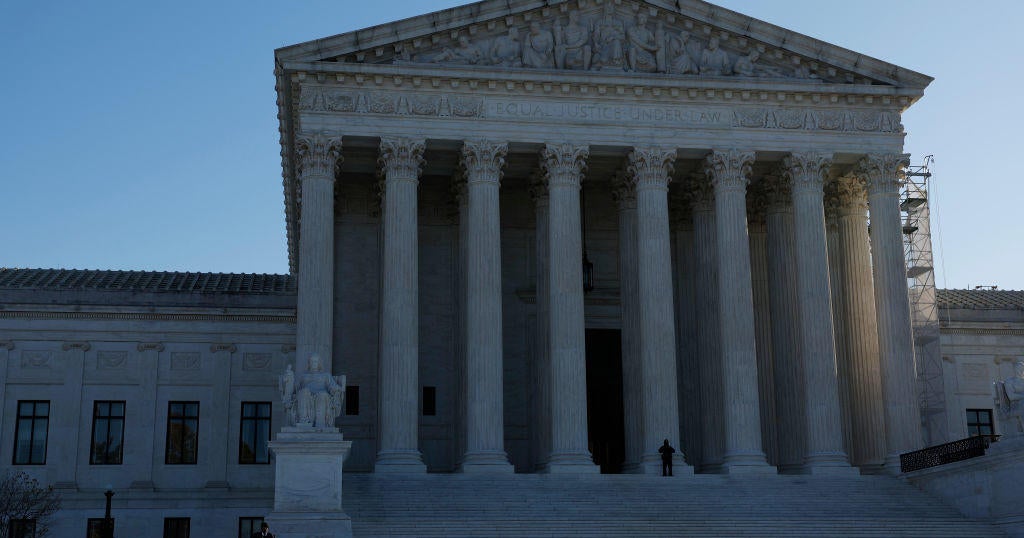Sandra Day O'Connor, first woman on Supreme Court, says she has dementia
Retired Justice Sandra Day O'Connor — the first woman to sit on the Supreme Court — announced Tuesday she has been diagnosed with the early stages of dementia, and possibly Alzheimer's. The 88-year-old shared the news in a public letter, saying she is no longer able to participate in public life. She will continue to live in Phoenix near friends and family.
"Some time ago, doctors diagnosed me with the beginning stages of dementia, probably Alzheimer's disease," the retired associate justice wrote. "As this condition has progressed, I am no longer able to participate in public life. Since many people have asked about my current status and activities, I want to be open about these changes, and while I am still able, share some personal thoughts."
"While the final chapter of my life with dementia may be trying, nothing has diminished my gratitude and deep appreciation for the countless blessings in my life," she added. "How fortunate I feel to be an American and to have been presented with the remarkable opportunities available to the citizens of our country. As a young cowgirl from the Arizona desert, I never could have imagined that one day I would become the first woman justice on the U.S. Supreme Court."
The retired justice expressed her wish that others will carry on her legacy of teaching civics to middle and high school students as a way to encourage putting the common good above party and self-interest.
"I can no longer help lead this cause, due to my physical condition. It is time for new leaders to make civic learning and civic engagement a reality for all. It is my great hope that our nation will commit to educating our youth about civics, and to helping young people understand their crucial role as informed, active citizens in our nation."
O'Connor made history when she was appointed to the Supreme Court by President Ronald Reagan in 1981. She was confirmed by the U.S. Senate in a 99-0 vote.
She retired in 2006 when her husband, John, was in declining health from Alzheimer's. He died in 2009. She became a prominent voice calling for more research on the disease and spoke openly about the challenges facing caregivers.
Read her full statement below.



